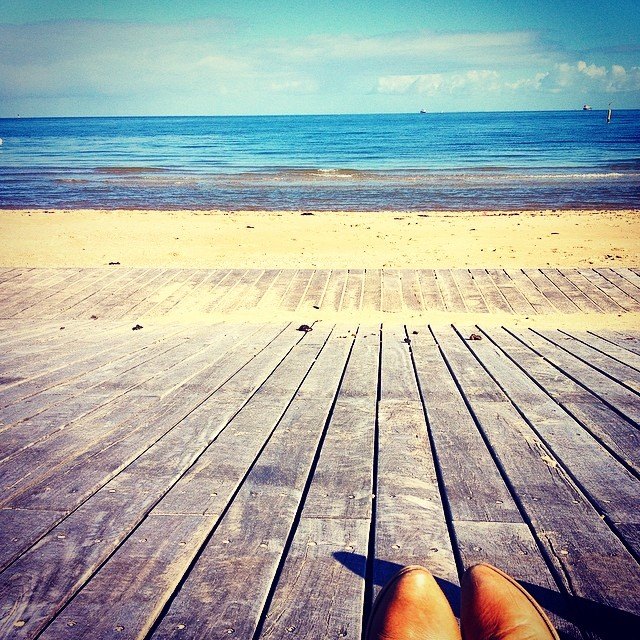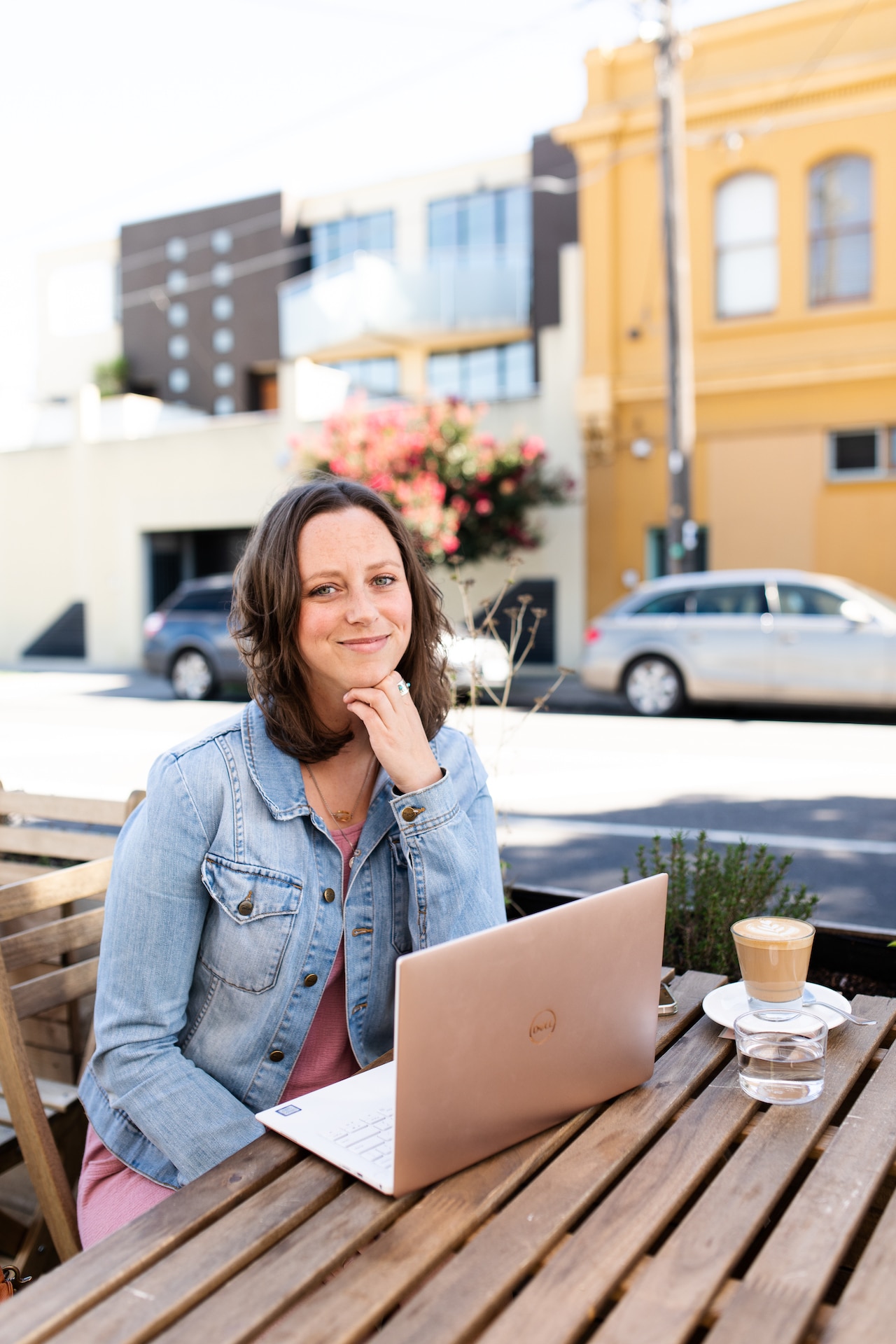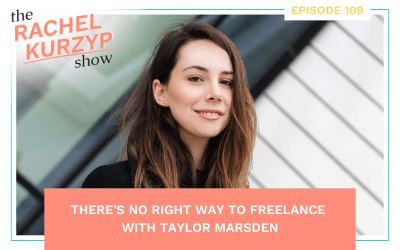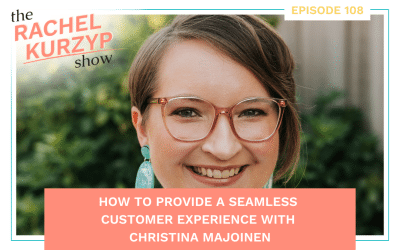Do you want to be an artist?
I’m guessing if you’re reading this your answer to my question is yes!
YAY.
I’m very happy for you.
Becoming an artist is an exciting, and sometimes scary, journey. Which is why I’ve decided to share what I’ve learnt so far. I don’t claim to have all the answers and I can’t guarantee that either of us will make it but I know we have to try.
Now, when I say artist I don’t mean necessarily a painter. When I use the term artist I’m talking about anyone who is on a creative journey. I believe everyone is creative and everyone can be an artist. So when you read my tips think beyond the traditional creative stereotypes and careers. Think about your own life and what you love to do. How can you do this activity more? How can you open yourself up to the creativity your life needs?
You have to own it
Don’t be a sometimes writer, a starting-out painter or a wannabe coder. You’re either a writer or you’re not. [Tweet “Call yourself an artist and you will become one.”] People will accept that you’re an artist only once you’ve accepted yourself.
For years I didn’t call myself a writer because I had this idea of what a writer was in my head and I didn’t think I fit the profile. I didn’t have plans to become a successful novelist and I didn’t like many of the famous works on my university reading list. I was afraid that I would be laughed at if I didn’t conform to the norm. And then my fear came true. My university English teacher told me that I didn’t have the vocabulary or the creative insights to be a writer after I turned in poems on the topics of societal control and exclusion. I was gutted. I didn’t write for many years after that. And I stopped believing I was a writer.
What got me writing again was my frustration with travel writing and the unrealistic pictures writers share of people, places and things. Sure, Angkor Wat was breathtaking but the Cambodian orphanage scams that tourists were oblivious to was what took my breath away. I wrote a piece about it and some random guy on the internet saw it and asked to share it on his blog. And in that moment I knew I wanted to be a writer. I had something to say and there were people out there who wanted to read it. I started calling myself a writer and smiled politely when people asked why I didn’t want to write a book. I told them writers don’t have to write books they can write pieces for publishing online.
Most artists will be told that their work doesn’t matter or that it isn’t good enough at some point. But don’t let this deter you. In fact, take it as a sign that you’re on the right track. Good artists have the ability to see and create something that hasn’t been done yet. Great artists embrace their non-conforming ways and think to themselves, I’ll show you!
Who do you want to be? What are you afraid of?
It’s a process
You definitely need an end goal or an idea you’re working towards but don’t let it get in your way. It’s all about the process. And it takes time! Sometimes you’ll feel like you haven’t achieved anything but when you look back at the week you’ll realise that you’ve accomplished more than you planned.
And because it’s a process you need to spend time going through the motions. For writers that’s writing every day but the same goes for all artists. You need to set time aside to be creative, experiment and play. This is where many artists fall down. They don’t give themselves the time to go through the process and because of this they start to think they aren’t an artist. They stop calling themselves a writer, painter or coder because they aren’t producing any work. Then before you know it all these negative emotions are being felt (guilt, shame, anxiety) and when the artist does get the confidence to go through the process they experience creative block and tell themselves I’m never going to reach X goal. I may as well give up now.
I know this scenario really well. I would sit down to write and nothing would come out. In my head I was like must write amazing, tweetable piece today or I won’t meet my goal of writing a piece a week. I had it all backwards. Now I sit down and write every day with no purpose. I write without thinking and normally hidden in my stream of consciousness is an idea or a solution to whatever goal I wanted to achieve that day. Who’d have thought?
Don’t put added pressure on yourself. You’re not an artist because you have published pieces or a million twitter followers. You’re an artist because you’ve embraced the process.
How are you going to make time to enjoy the process? What are your goals?
Give yourself space
You need to create a safe space where you can go to be inspired and create without prying eyes. When you’re just starting out as an artist you shouldn’t share your work with others straightaway. You may think this is counterintuitive because you want to be recognised for the work you’re producing, and you will be soon. But initially it’s a good idea to keep your ideas to yourself because you don’t want to be swayed or deterred by other people’s opinions (example: my mean English teacher).
It’s a good idea to set yourself up with a space that can be entirely yours. So the kitchen bench probably isn’t that space and either is the couch. I tried both of these and it ended in tears: tea spilt on my writing and my partner looking over my shoulder asking me “What are you working on?” every five minutes.
Now, I have an office space set up in my bedroom and I’ve surrounded myself with inspirational quotes, bright colours, plants and piles of books and magazines. You’ll probably also find, like I did, that having your own space will help when it comes time to be creative. You don’t need a warehouse, entire home office or boardroom, initially. Use what space you’ve got available. Just make sure it’s yours and you feel comfortable.
Where are you going to set up your creative space? How are you going to make it a place you want to use?
Live the artist’s life
I’m sure you’ve heard about work-life balance before, but I’m here to tell you that there are more things to balance than just work and life. You can’t be a great artist if you don’t take care of every part of yourself including: sleep, relationships, health, adventure and spirituality. You need to know the difference between what you want and need. What you send out you must take back. And to replenish your creativity you need to get out there and experience life.
This is one area I wish I had realised sooner. I’ve had many attempts at living the artist’s life. First time around I prioritised my writing over my health and relationships then wondered why I had run out of things to say and was a little chubby. The second time I was so busy sending out energy that I didn’t put aside time to replenish myself, so again my creative ideas stopped and I lost connection with who I was.
Many people, myself included, see artists traditionally as brooding alcoholics and chain smokers who sit in dark cramped rooms and don’t talk to anyone for weeks. In reality, artists spend a great deal of time with people, are positive and happy, and use the process to reach their goals not illegal highs.
Living a balanced life takes work and you may find you’re always in a process of steering yourself in the right direction. There’s nothing wrong with this. The main takeaway is that you need to be aware of yourself and make sure you get back what you give out.
How are you going to make sure you feel fulfilled in all areas? Which area of your life are you more inclined to ignore?
Surround yourself with artists
It’s so important to surround yourself with your herd: people who get you. You need people around who will motivate and inspire you. You will grow so much more as an artist when you share your skills and insights with others and have them do the same for you.
Never be afraid to lean on your networks and to ask them for advice and guidance. People don’t get ahead by going at it alone. Great artists have very strong networks. For some, it was their family and friends, for others it was their readers and even their competitors. Each segment encouraged them to reach further and challenge themselves.
My networks have been so important on my journey. I’d like to think I would have gotten to where I am today without them, but it would definitely have been a longer and lonely road. Some days I needed a friend to tell me I’m awesome and other times I needed a mentor to tell me to get of my arse and just do it. Just like you need a personal trainer to guide you at the gym or a boss to run ideas past at work, you need a support network to help you on your artist’s journey. We artists need to stick together because in the early stages it can be easy to think that our old life was simpler and who needs to follow their dreams anyway, right? Trust me you do need to follow them and you’ve made the right choice.
Who in your network can you turn to for help? What support do you need?
Now, I want to hear about your creative journey. Share your thoughts in the comments or send me an email.
Featured image by Rachel Kurzyp.





